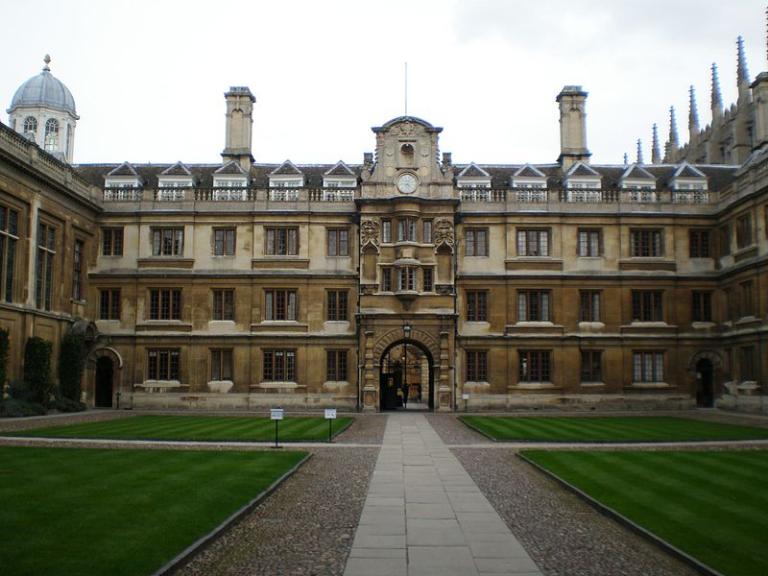
Are you feeling complacent, safe, and secure? If so, read this:
“The 18 Most Dangerous Volcanoes in the United States”
And maybe this, as well:
“2017 Mexico quake came from unexpected location, study says”
***
An interesting dissent:
***
Pretty cool, no?
“Astronomers Find a Cosmic Titan in the Early Universe Largest Galaxy Proto-Supercluster Found”
***
God is creating at every moment of the world’s existence in and through the perpetually endowed creativity of the very stuff of the world. . . .
Such an emphasis on the immanence of God as Creator in, with, and under the natural processes of the world unveiled by the sciences is certainly in accord with all that the sciences have revealed since those debates of the nineteenth century. (Arthur Peacocke)
One of the most interesting recent thinkers on the subject of the relationship between science and religion was the Reverend Canon Arthur Peacocke (1924-2006), MBE, who received his D. Phil. from the University of Oxford in 1948, followed by a D.Sc. in 1962. He taught biochemistry at the University of Birmingham and, after 1959, at the University of Oxford. He was ordained a priest of the Church of England in 1971, the same year that he earned a Bachelor of Divinity degree from Birmingham. In 1982, he received a Doctor of Divinity degree from Oxford.
Over the course of his very distinguished career, he served as, among other things, both University Lecturer in Biochemistry at the University of Oxford and Dean of Studies in Theology at Clare College, Cambridge, and director of Oxford University’s Ian Ramsey Centre for Science and Religion.
“For many decades now — and certainly during my adult life in academe — the Western intellectual world,” Dr. Peacocke said, “has not been convinced that theology is a pursuit that can be engaged in with intellectual honesty and integrity.”
Rev. Dr. Peacocke’s life and career testify rather plainly, along with his many writings on both science and religion and on the relationship between them, that he thought otherwise.
The very existence of such people as Arthur Peacocke, who reached rarified heights in both the sciences and theology, constitutes a problem — or, anyway, it would if they ever really thought about it — for those who insist that science and religious faith are intrinsically incompatible. He actually knew a bit about both, and he didn’t seem to share the skeptics’ view.










